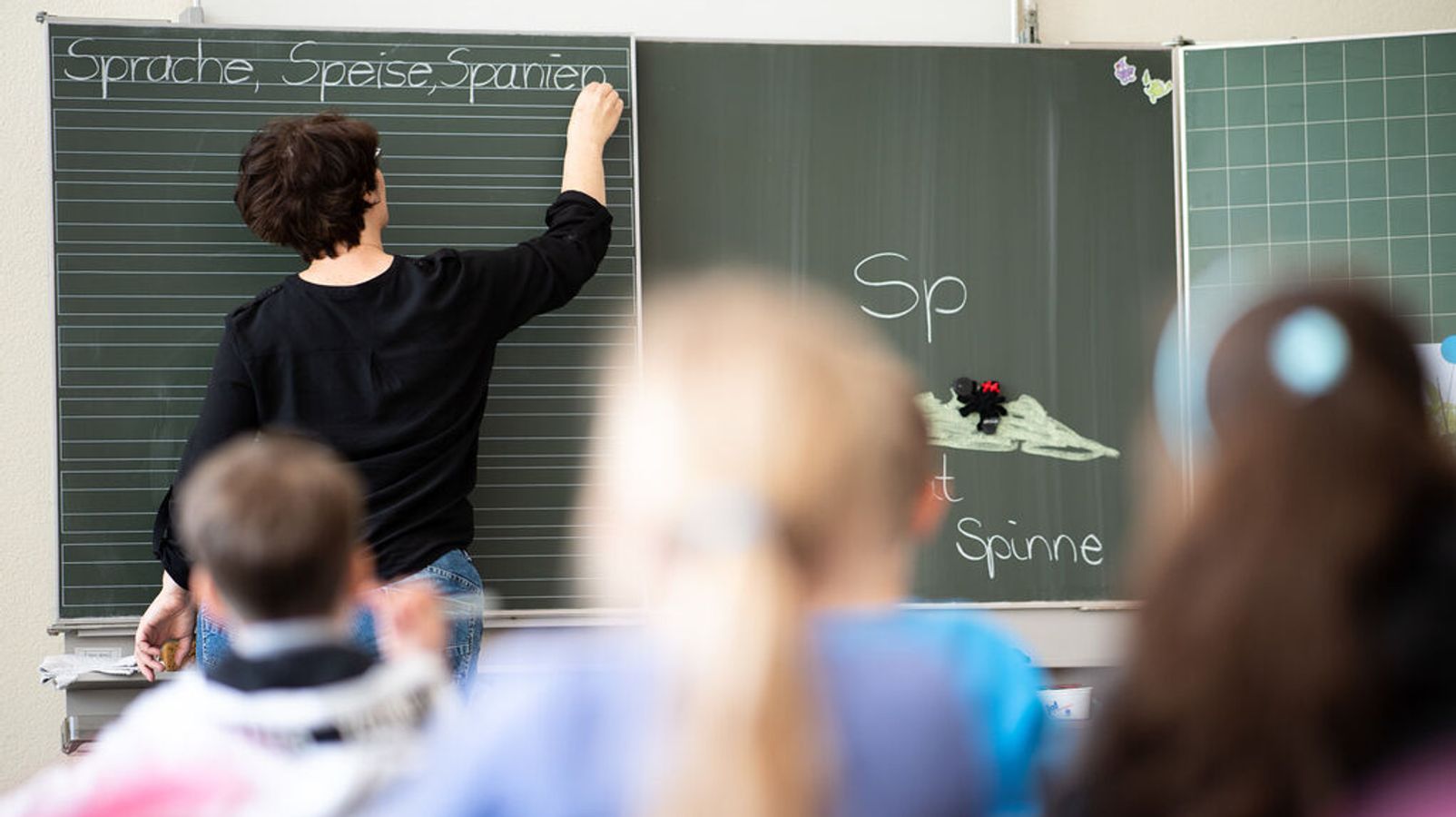As part of the “Pisa Offensive”, Education Minister Anna Stolz (Free Voters) proposed an additional hour of German language lessons per week for all primary school classes, and an additional hour of mathematics per week for the first and fourth grades. To achieve this, schools should be allowed to decide individually which hours for other subjects will be cancelled. Stolz only wanted to draw a red line in physical education lessons, and cuts should be possible in all other subjects, including religious education.
However, Prime Minister Markus Söder (CSU) categorically ruled this out and declared: “The debt will not be cut.” Söder sees the possibility of cuts to English teaching mainly in primary schools.
Focus on social-emotional learning
So more German and mathematics are a must, less sports are out of the question, and there should be no extravagance in religious education either. But then where do you draw? If you ask local experts, you will get the answer: ideally not at all!
“In fact, we cannot leave anything in primary school because we have this comprehensive concept of learning,” says Sabine Büssel, head of school policy and education at the Bavarian Teachers' League (BLLV). In primary school there is a strong emphasis on social-emotional learning, on teaching values, on consideration, tolerance and learning democracy. “Should we delete that then?” asks Bossel, a primary school principal in the Miesbach district. “In fact, it should be quite the opposite. We should not do without it because every topic is important and every topic has its own necessity.”
Education Researcher: Early English classes are an advantage
Educational researchers at universities also find difficulty with the idea of canceling entire subjects at the primary level, especially the English language subject proposed by Söder. Studies show that foreign language teaching is particularly appropriate in primary schools, says education professor Rafaela Borsch from the University of Magdeburg. “In one study, we asked students when they started learning English, before the third grade, or in the third grade, or after it. According to the educational researcher, it turned out that those who learned very early, that is, before that, had an advantage in starting to learn English in the third grade.” the third.
Basically, education professor Burch finds it difficult to pit subjects against each other: “I don't think the question of what subjects we actually want in school is wrong. But why should it be English that doesn't exist anymore? Then we can say the same Thing: music or sports – the discussion is a bit likely. Educational research is about looking at what needs to be done to ensure high quality teaching without extending the school day indefinitely. “We know there are only five or six hours of school in the day,” Burch says. This is good. But questioning the existence of a complete subject like the English language bothers me.”
Skip music or sports? Balance is important for children
In fact, the question of appropriate educational content in school has been raised since the advent of the school system. There may not be one correct answer, says Florian Kohl, vice-president of the Bavarian Education and Science Union: “I think the discussion is somewhat meaningless on some topics. Above all, you have to look at the circumstances in which it is located.”
In fact, individual circumstances in local primary schools determine what is possible in the classroom and what is not. How are the classes in question formed? What strengths exist and who needs support? And finally: How well-placed are you in terms of staff?
“We want honest and real personal responsibility on site, not just at a concert,” says Sabine Bussell, the primary school principal. Teachers complain that elementary school children already have too much to do, including in terms of transportation. In terms of the amount of material, the curriculum is full. But canceling sports or music lessons is the wrong approach because primary school students desperately need this balance, says Sabine Bussell. “We strongly notice that children miss this social and emotional component when these topics are not addressed.”
But social and emotional stability is the foundation of learning in elementary school, according to the school principal. “Children in primary school need something different from what they need in secondary school. If we cannot lay the foundation well, it will be very difficult. Because children will not be able to learn German and mathematics well unless this foundation is built on.”

“Total coffee aficionado. Travel buff. Music ninja. Bacon nerd. Beeraholic.”








More Stories
Coral Seeding: Artificial Insemination Makes Coral More Heat Tolerant
Fear, Anger, and Denial: How People Respond to Climate Change – Research
LKH Graz: Using radiation to combat heart arrhythmias